The processor Intel Core i7-2820QM is developed on the 32 nm technology node and architecture Sandy Bridge. Its base clock speed is 2.30 GHz, and maximum clock speed in turbo boost - 3.40 GHz. Intel Core i7-2820QM contains 4 processing cores. To make a right choice for computer upgrading, please get familiar with the detailed technical specifications and benchmark results. Check socket compatibility before choosing.
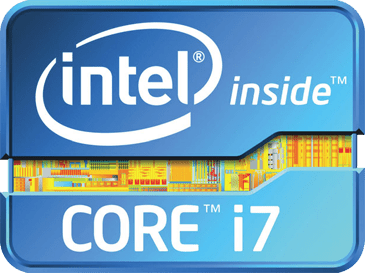
Intel Core i7-2820QM processor review - Benchmark and Specs
Buy here:
General info
The base and maximum clock speed of the CPU Intel Core i7-2820QM, number of processing cores and threads.
CPU Cores and Base Frequency
The general performance of a CPU can easily be determined based on the number of its cores and the thread count, as well as the base frequency and Turbo frequency. The more GHz and cores a CPU has, the better. Please note that high technical specs require using a powerful cooling system and a quality chipset (check VRM on the motherboard).
| Frequency: | 2.30 GHz | CPU Cores: | 4 | |
| Turbo (1 Core): | 3.40 GHz | Hyperthreading: | Yes | |
| Overclocking: | No | Turbo (4 Cores): | No turbo |
Internal Graphics
Some manufacturers complement their CPUs with graphic chips, such a solution being especially popular in laptops. The higher the clock frequency of a GPU is and the bigger its memory, the better.
| GPU name: | Intel HD Graphics 3000 | |||
| GPU frequency: | 0.65 GHz | GPU (Turbo): | 1.30 GHz | |
| Generation: | 6 | DirectX Version: | 10.1 | |
| Execution units: | 12 | Shader: | 96 | |
| Max. Memory: | -- | Max. displays: | 2 | |
| Technology: | 32 nm | Release date: | Q1/2011 | |
Hardware codec support
Here we deal with specs that are used by some CPU manufacturers. These numbers are mainly technical and can be neglected for the purpose of the comparison analysis.
| h264: | Decode / Encode | |||
| JPEG: | No | |||
| h265 8bit: | No | |||
| h265 10bit: | No | |||
| VP8: | No | |||
| VP9: | No | |||
| VC-1: | Decode | |||
| AVC: | Decode / Encode | |||
Memory & PCIe
These are memory standards supported by CPUs. The higher such standards, the better a CPU’s performance is.
| Memory type: | DDR3-1066 DDR3-1333 DDR3-1600 | Max. Memory: | 32 GB | |
| Memory channels: | 2 | ECC: | No | |
| PCIe version: | 2.0 | PCIe lanes: | 16 |
Encryption
Data encryption support
| AES-NI: | Yes |
Thermal Management
| TDP: | 45 W | Tjunction max.: | 100 °C | |
| TDP up: | -- | TDP down: | -- |
Technical details
These are key parameters that will help you determine which CPU is better. Pay special attention to the release date, technological aspects of the manufacturing process (measured in nanometers), and the third-level cache (L3).
| CPU Threads: | 8 | L3-Cache: | 8.00 MB | |
| Technology: | 32 nm | Architecture: | Sandy Bridge | |
| Virtualization: | VT-x, VT-x EPT, VT-d | Socket: | PGA 988 | |
| Release date: | Q1/2011 | Market price: | ca. 570 $ |
Devices using this processor
You probably know already what devices use CPUs. These can be a desktop or a laptop.
| Used in: | Unknown | |||
iGPU - FP32 Performance (Single-precision GFLOPS)
This test serves for determining the performance of integrated graphics in Intel and AMD processors. The result is the estimated computing power in the Single-Precision FP32 mode
In order to leave a review you need to login
 with others processors
with others processors 

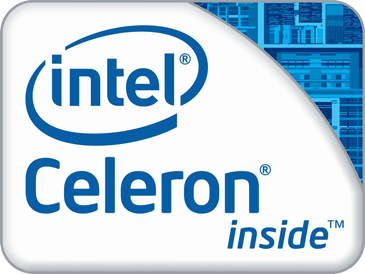
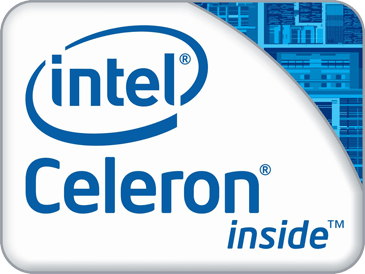

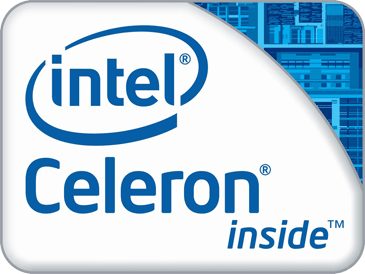



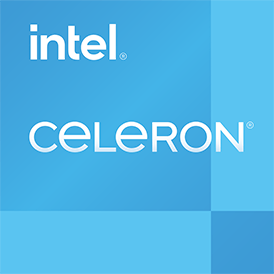
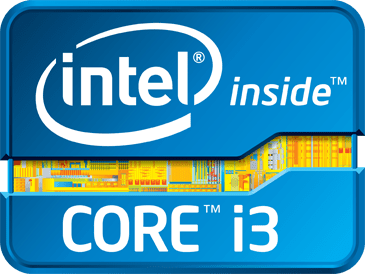
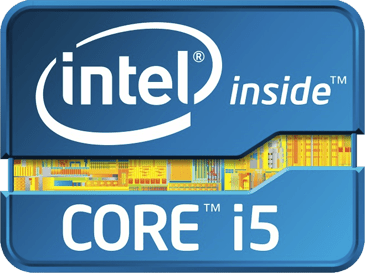
 AliExpress
AliExpress






